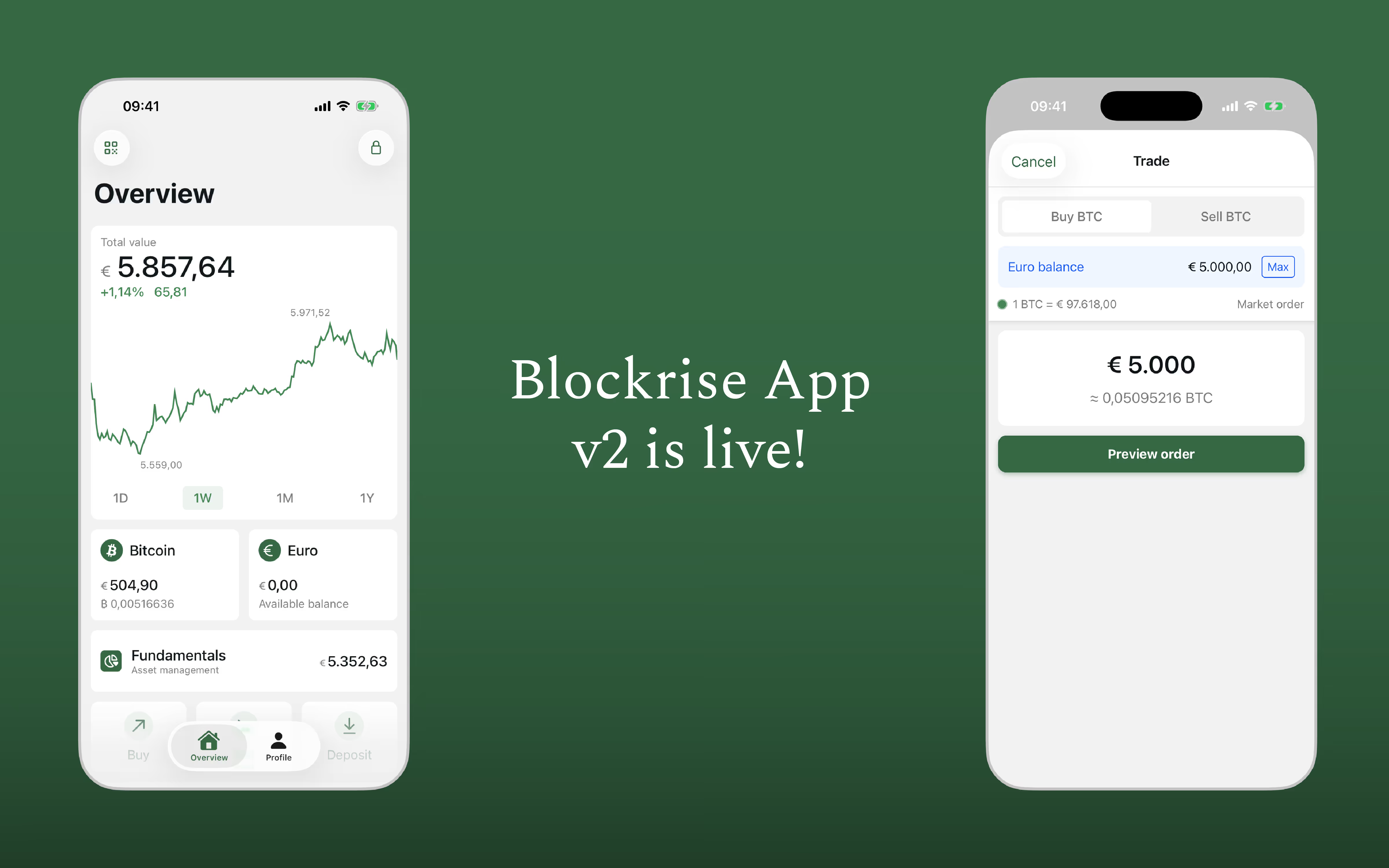Subscribe to our newsletter
Stay informed about our latest developments and updates!
What is a crypto wallet?
Cryptocurrency wallets are essential tools for anyone looking to store, manage, and transact with crypto assets like Bitcoin, Ethereum, and many others. This guide aims to provide an in-depth understanding of what crypto wallets are, how they work, and the different types available, helping you make informed decisions about managing your digital assets.
What is a Crypto Wallet?
A cryptocurrency wallet is a digital tool that allows users to store, manage, send, and receive crypto assets. Unlike traditional wallets that store physical money, crypto wallets do not store the actual currency. Instead, they create and store public and private keys, which are essential for interacting with blockchain networks. These keys enable users to access their cryptocurrency and authorise transactions.
The public key is an alphanumeric string derived from the private key, which generates a public address. This address is shared with others to receive cryptocurrency, much like a bank account number. On the other hand, the private key must be kept confidential, as it grants access to the wallet and authorises transactions.
Types of Crypto Wallets
Crypto wallets come in various forms, each with its advantages and disadvantages.
- Software Wallets are popular due to their convenience. Desktop wallets are installed on a desktop or laptop, offering full control over your keys but requiring vigilance against malware. Mobile wallets, installed on smartphones, are handy for daily transactions and use QR codes for easy payments. Web wallets, accessed via browsers, are convenient but require trust in a third-party service provider. It’s important to note that third-party providers may collect user data for service improvement or marketing purposes. While not all providers sell this information, there is a potential risk of data misuse.
- Hardware Wallets are physical devices storing private keys offline, making them highly secure against online threats. Popular examples include the Ledger Nano S, Ledger Nano X, and Trezor. These devices are ideal for long-term storage of substantial amounts of cryptocurrency.
- Paper Wallets involve printing your public and private keys on a piece of paper, generated using specific software tools. While highly secure if stored correctly, paper wallets are susceptible to physical damage or loss.
- Cold Storage refers to methods of keeping private keys offline, such as hardware wallets or paper wallets, providing enhanced security against online attacks.
How Crypto Wallets Work
When you create a crypto wallet, it generates a private key and a corresponding public key. The public key creates a public address that you can share to receive funds. To send cryptocurrency, you need the recipient’s public address. The transaction is signed with your private key to authorise it and is then broadcast to the blockchain network.
Receiving cryptocurrency is straightforward: share your public address with the sender, who initiates the transaction from their wallet. Once the network verifies and adds the transaction to the blockchain, the cryptocurrency appears in your wallet. Wallets also maintain a record of all transactions, allowing you to track your balance and transaction history.
Security Considerations
Security is paramount when dealing with cryptocurrency wallets. Regularly backing up your private keys or seed phrases ensures you can recover your wallet if lost or damaged. Encryption and strong passwords protect against unauthorised access, while two-factor authentication (2FA) adds an extra security layer.
It’s crucial to be aware of phishing scams that attempt to trick you into revealing your private keys or passwords. Always download wallet software from official sources and keep it updated to protect against vulnerabilities.
Choosing the Right Wallet
Choosing the right wallet depends on your needs. Hardware wallets offer the highest security, ideal for storing significant amounts of cryptocurrency long-term. Software wallets, while convenient, should be chosen based on their security features and ease of use.
Consider how frequently you will make transactions. Mobile and web wallets are suitable for daily use, while desktop wallets are better for more extensive control on a specific device. Ensure the wallet supports the cryptocurrencies you plan to store and transact.
Setting Up a Crypto Wallet
Setting up a crypto wallet involves downloading and installing the wallet software or app from a reputable provider. Follow the setup instructions to generate your private and public keys, and note down your seed phrase or private key for secure storage. Enable encryption, set a strong password, and enable 2FA if available. Once set up, you can add funds by transferring cryptocurrency to your new wallet’s public address.
Conclusion
Crypto wallets are fundamental tools for managing and securing digital assets. Whether you choose a software wallet for convenience or a hardware wallet for enhanced security, always prioritise safeguarding your private keys and staying vigilant against potential threats. By doing so, you can confidently navigate the world of cryptocurrencies and harness their benefits.
%20and%20Jasper%20Hu%20(CTO)_2.jpeg)

